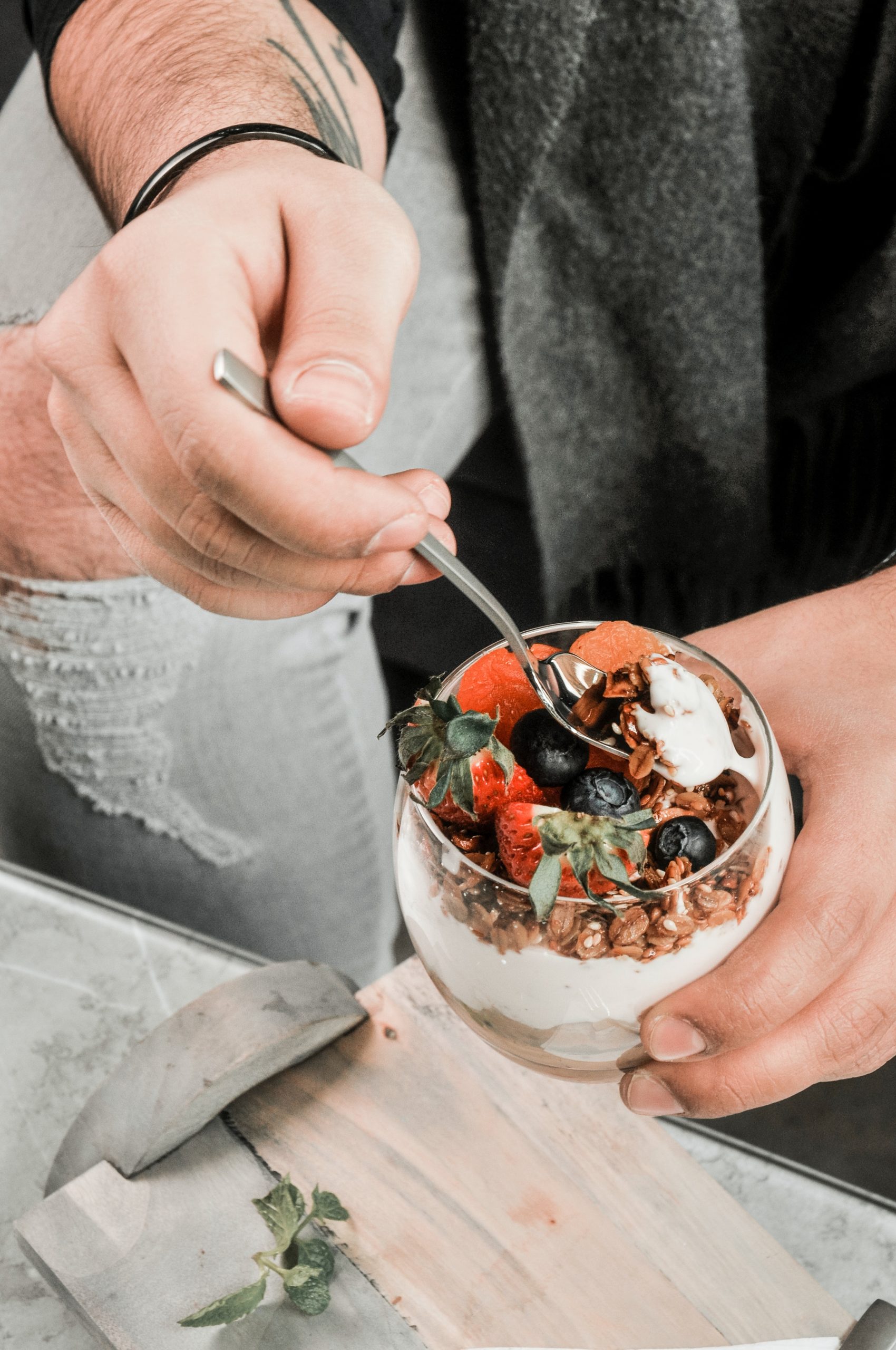If you have kidney disease, it’s important to follow a kidney-friendly diet to help manage symptoms and slow the progression of the disease. But what foods should you avoid on a renal diet? Here are some key foods to steer clear of:
- Sodium: Sodium, also known as salt, can put strain on the kidneys and increase blood pressure, which can worsen kidney disease. Avoid processed foods, canned foods, and restaurant meals, which are often high in sodium. Instead, opt for fresh or frozen fruits and vegetables, lean protein sources, and whole grains.
- Potassium: Potassium is an important nutrient, but it can be harmful to the kidneys if levels get too high. Avoid high-potassium foods such as bananas, oranges, tomatoes, potatoes, and spinach. Instead, opt for low-potassium fruits and vegetables such as apples, berries, carrots, and cucumbers.
- Phosphorus: Like potassium, phosphorus is an important nutrient that can be harmful to the kidneys if levels get too high. Avoid high-phosphorus foods such as dairy products, nuts, seeds, and whole grains. Instead, opt for low-phosphorus foods such as fresh fruits and vegetables, lean protein sources, and white bread.
- Protein: While protein is important for overall health, consuming too much protein can put strain on the kidneys. Avoid high-protein foods such as meat, fish, poultry, and dairy products. Instead, opt for plant-based protein sources such as beans, lentils, and tofu.
- Sugar: Consuming too much sugar can contribute to diabetes and high blood pressure, both of which can worsen kidney disease. Avoid sugary foods and drinks such as candy, soda, and baked goods. Instead, opt for fresh or frozen fruits and vegetables, unsweetened beverages, and whole grains.
It’s worth noting that following a renal diet doesn’t have to be overly restrictive. By working with a registered dietitian or doctor, you can tailor your diet to your individual needs and preferences while still limiting harmful nutrients. And by getting creative with herbs, spices, and other flavorings, you can make delicious meals that are also kidney-friendly.
In conclusion, if you have kidney disease, it’s important to avoid certain foods to help manage symptoms and slow the progression of the disease. Avoid high-sodium, high-potassium, high-phosphorus, high-protein, and high-sugar foods, and opt for nutrient-dense foods such as fresh fruits and vegetables, lean protein sources, and whole grains. By working with a registered dietitian or doctor, you can develop a renal diet that meets your individual needs and preferences while supporting your overall health and wellbeing.




